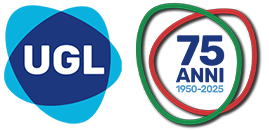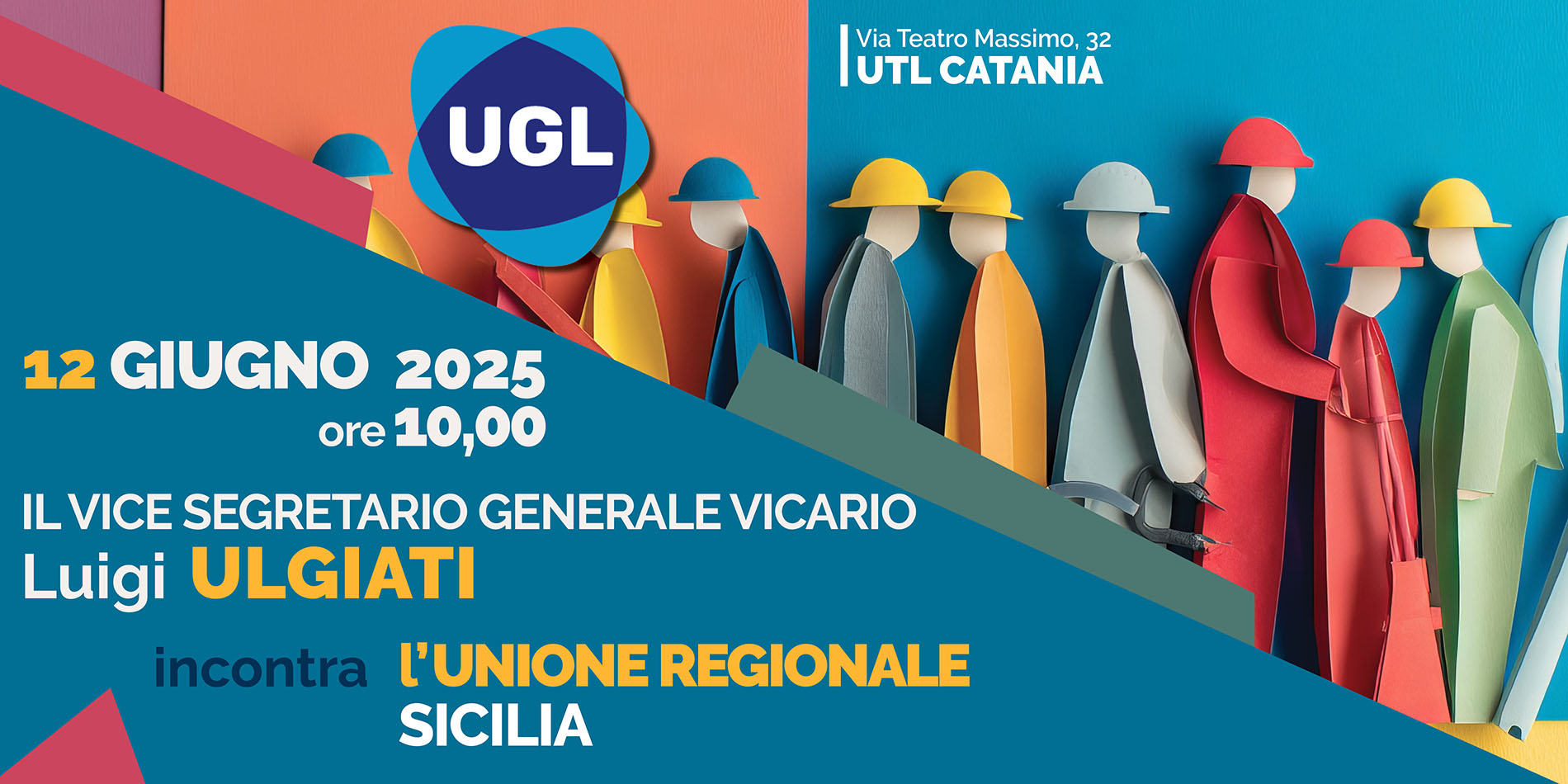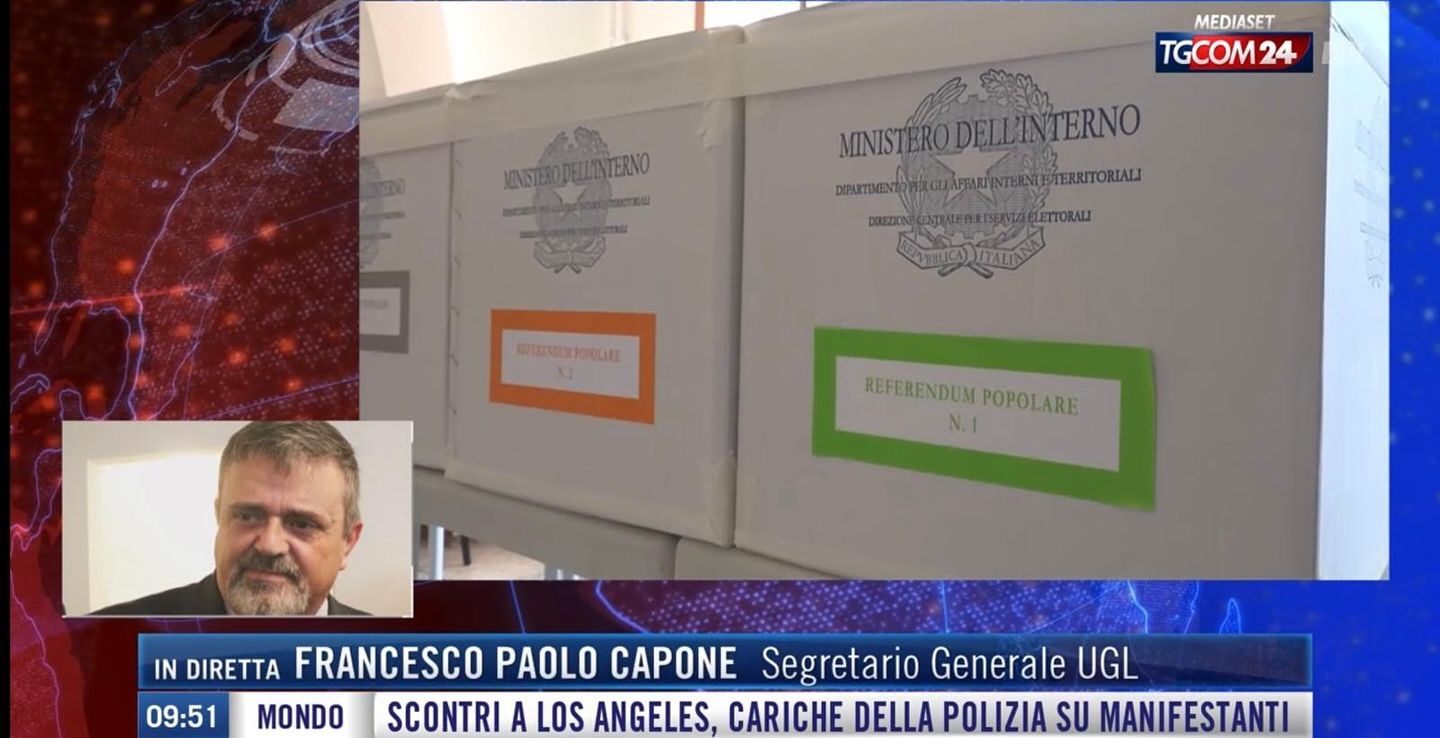ITA:
CESE: IL CONSIGLIERE ULGIATI ALLA RIUNIONE DELLA SEZIONE TEN
L’11 Dicembre si è svolta a Bruxelles la riunione della Sezione Trasporti, Energia ed Infrastrutture del Comitato Economico e Sociale Europeo (CESE), a cui ha partecipato il Consigliere Luigi Ulgiati, intervenendo riguardo all’adozione del Parere TEN/837 relativo al futuro dell’offerta e della tariffazione dell’energia elettrica nell’Unione Europea. Il CESE, in merito, è convinto che il mercato dell’energia elettrica debba essere riformato non solo per raggiungere il traguardo della neutralità climatica entro il 2050, ma anche per coniugare la realizzazione di tale fine con quella degli obiettivi della sicurezza dell’approvvigionamento, nonché della stabilità ed accessibilità dei prezzi. Quindi, proprio per proteggere i gruppi vulnerabili, è fondamentale sancire il diritto all’energia a prezzi accessibili. Per Ulgiati “Esiste un tema di raggiungimento della neutralità climatica al 2050, ma va considerato anche che l’energia elettrica è uno strumento di garanzia sociale, economica e democratica per i Paesi: la sua produzione, l’approvvigionamento, i costi, l’indipendenza energetica. Ne abbiamo avuto la prova in questi ultimi anni, soprattutto con i riflessi derivati dalla guerra russo-ucraina. C’è quindi un tema di garanzia dei prezzi energetici, con adeguati strumenti che la UE e gli Stati membri dovranno utilizzare e tramite i quali è possibile contribuire al contrasto della povertà energetica, nonché a calmierare i prezzi delle bollette per le famiglie e per le imprese europee, al fine di garantire una tutela sociale oltre che ambientale. Sono d’accordo – ha infine concluso Ulgiati – con quanto contenuto nel progetto di Parere; tra l’altro, sono opportune politiche fiscali che facilitino il processo di sviluppo del mercato dell’energia elettrica, ma anche adeguate politiche di sinergia tra i Paesi Europei”.
CONSIGLIO EU, OK AL REGOLAMENTO SUGLI IMBALLAGGI
Si è tenuto a Bruxelles, il 16 Dicembre, il primo Consiglio Energia della Commissione von der Leyen bis, nel corso del quale è stato adottato (con la sola astensione di Malta ed Austria) il “Packaging and Packaging Waste Regulation” (PPWR), il cosiddetto Regolamento Imballaggi di cui si è molto discusso negli ultimi due anni, rappresentando uno degli atti legislativi europei più sensibili per il Governo e per i diversi gruppi di interesse italiani, che ha determinato una forte pressione delle delegazioni italiane, sia al Parlamento Europeo che al Consiglio Ue, per ridiscutere in particolare gli obiettivi di riciclo e riuso. Nel Regolamento alla fine è stata introdotta la facoltà per gli Stati membri di concedere deroghe agli operatori dei settori coinvolti se i singoli materiali di imballaggio abbiano superato di almeno il 5% gli obiettivi di riciclo definiti da Bruxelles. L’Italia, inoltre, ha ottenuto l’esclusione dagli obblighi di riuso del take away, del cartone, di bevande come latte e altre altamente deperibili, vini ed ulteriori bevande alcoliche, oltre ad una deroga orizzontale per i materiali di imballaggio; concessioni tutte che hanno convinto Roma ad approvare il Regolamento, nonostante le restrizioni sugli imballaggi in plastica monouso per frutta e verdura preconfezionata di peso inferiore a 1,5 chili, particolarmente invise all’Italia. La Legge che sostituirà dunque la Direttiva esistente, in considerazione del traguardo di neutralità climatica indicato dal Green Deal, prevede nuovi obiettivi vincolanti di riutilizzo, restrizioni sugli imballaggi in plastica monouso, il divieto di utilizzo di PFAS. Dopo il voto del Consiglio, le nuove norme saranno pubblicate nella Gazzetta Ufficiale Ue e diverranno operative dopo 18 mesi.
EN:
EESC: COUNCILLOR ULGIATI AT THE MEETING OF THE TEN SECTION
On the 11th of December, the Transport, Energy and Infrastructure Section of the European Economic and Social Committee (EESC) met in Brussels. Councillor Luigi Ulgiati took part in the meeting, speaking on the adoption of the Opinion TEN/837 on the future of electricity supply and pricing in the European Union. The EESC is convinced that the electricity market must be reformed not only to achieve climate neutrality by 2050, but also to combine the achievement of this goal with the objectives of security of supply and price stability and affordability. Thus, precisely to protect vulnerable groups, it is crucial to enshrine the right to affordable energy. For Ulgiati “There is an issue of achieving climate neutrality by 2050, but it must also be considered that electricity is a social, economic and democratic guarantee for Countries: its production, supply, costs, energy independence. We have seen proof of this in recent years, especially with the repercussions of the Russian-Ukrainian war. There is therefore an issue of guaranteeing energy prices, with appropriate instruments that the EU and the Member States will have to use and through which it is possible to contribute to the fight against energy poverty, as well as to lowering the prices of bills for European families and businesses, in order to guarantee social as well as environmental protection. I agree – Ulgiati concluded – with what is contained in the draft Opinion; among other things, fiscal policies that facilitate the development process of the electricity market, but also adequate synergy policies between European countries are appropriate”.
EU COUNCIL, OK TO THE PACKAGING REGULATION
The first Energy Council of the von der Leyen bis Commission was held in Brussels on the 16th of December, during which the “Packaging and Packaging Waste Regulation” (PPWR), the so-called Packaging Regulation that has been much discussed over the past two years, was adopted (with only Malta and Austria abstaining), representing one of the most sensitive European legislative acts for the Government and the various Italian interest groups, which resulted in strong pressure from the Italian delegations, both in the European Parliament and the EU Council, to re-discuss in particular the recycling and re-use targets. The regulation eventually introduced the option for member States to grant derogations to operators in the sectors involved if individual packaging materials exceeded the recycling targets set by Brussels by at least 5%. Italy, moreover, obtained the exclusion of take-away, cardboard, beverages such as milk and other highly perishable products, wines and other alcoholic beverages from the reuse obligations, as well as a horizontal derogation for packaging materials; concessions all of which convinced Rome to approve the Regulation, despite the restrictions on single-use plastic packaging for pre-packaged fruit and vegetables weighing less than 1.5 kilos, which Italy particularly dislikes. The Law that will therefore replace the existing Directive, in view of the climate neutrality goal set by the Green Deal, provides for new binding reuse targets, restrictions on single-use plastic packaging, and a ban on PFAS. After the Council’s vote, the new rules will be published in the EU Official Journal and will become operational after 18 months.
NewsdallEuropa 127NewsfromEurope_127




